WE HAVE AN APP!
For all the Paws International Clinic’s existing clients, there is the Digitail app! Digitail keeps all your pet’s data is in one place. Access it anytime, anywhere – it’s easy and free!


Your pet is an important part of your family, and when he or she is ill, you want the best medical care available. We provide a wide range of services such as surgeries, emergency care, diagnostic imaging, hospitalization with nursing care and a full medical workup.

Ultrasound can diagnose problems earlier by using sound waves to painlessly penetrate a pet’s organs and capture images. It is the best, noninvasive, non-painful way to evaluate fluid-filled and soft tissue organs in pets. These organs include the pet’s liver, spleen, kidney, pancreas, eyes, lymph nodes, testicles, intestinal tract, prostate, uterus/ovaries, and heart.

X-ray (or radiography) is a diagnostic procedure that allows us to see inside your pet’s body to assess their bones and organs for any issues or diseases. X-ray is a commonly used imaging technique that helps provide vets with more information to help us learn about what is going on inside a dog or cat.
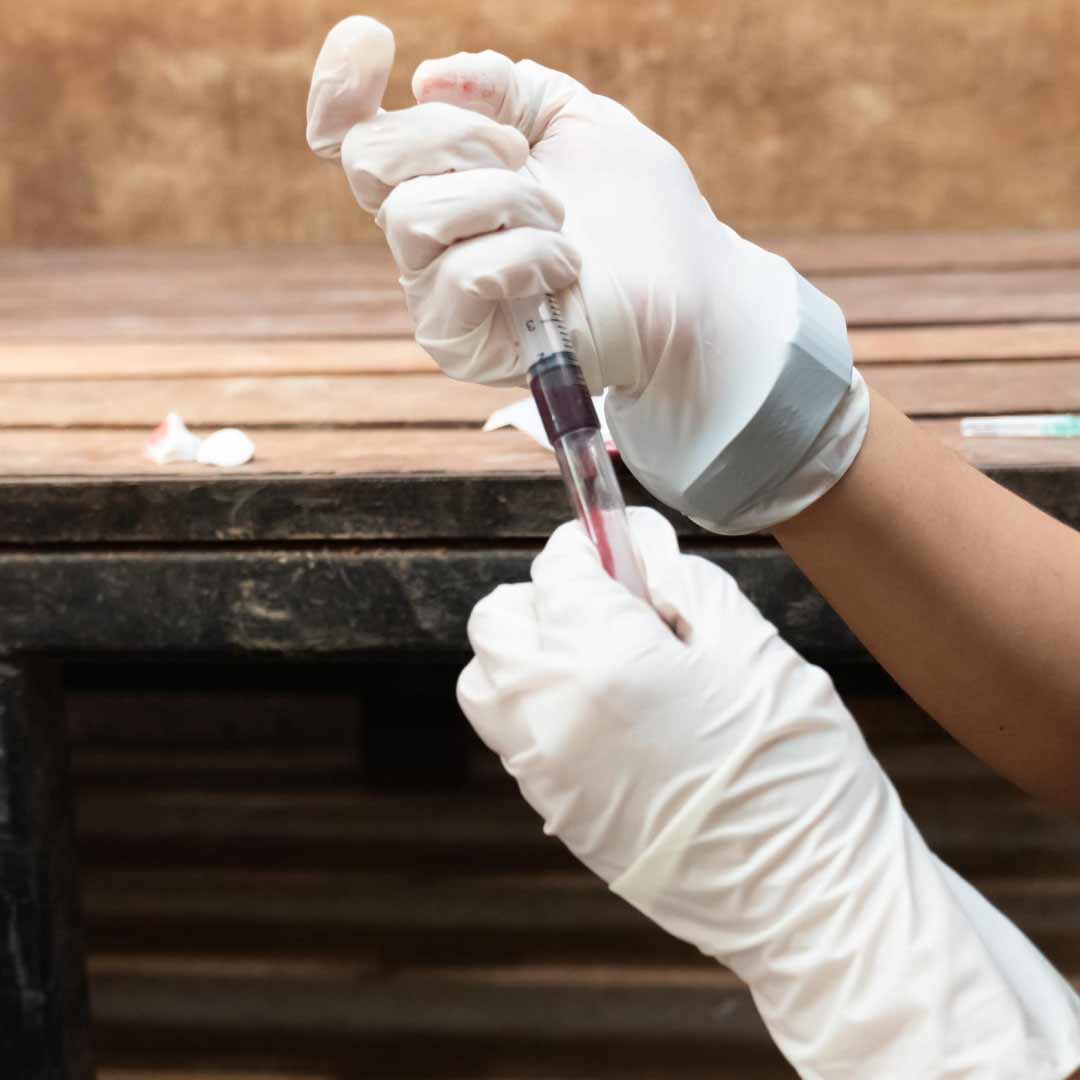
If we are ordering your pet’s blood work, it will most likely be in the form of a Complete Blood Count, or else a Blood Chemistry (serum) test.
The Complete Blood Count, or CBC, shows our veterinarians your pet’s hydration status, anemia, infection, blood clotting ability, and immune system response.
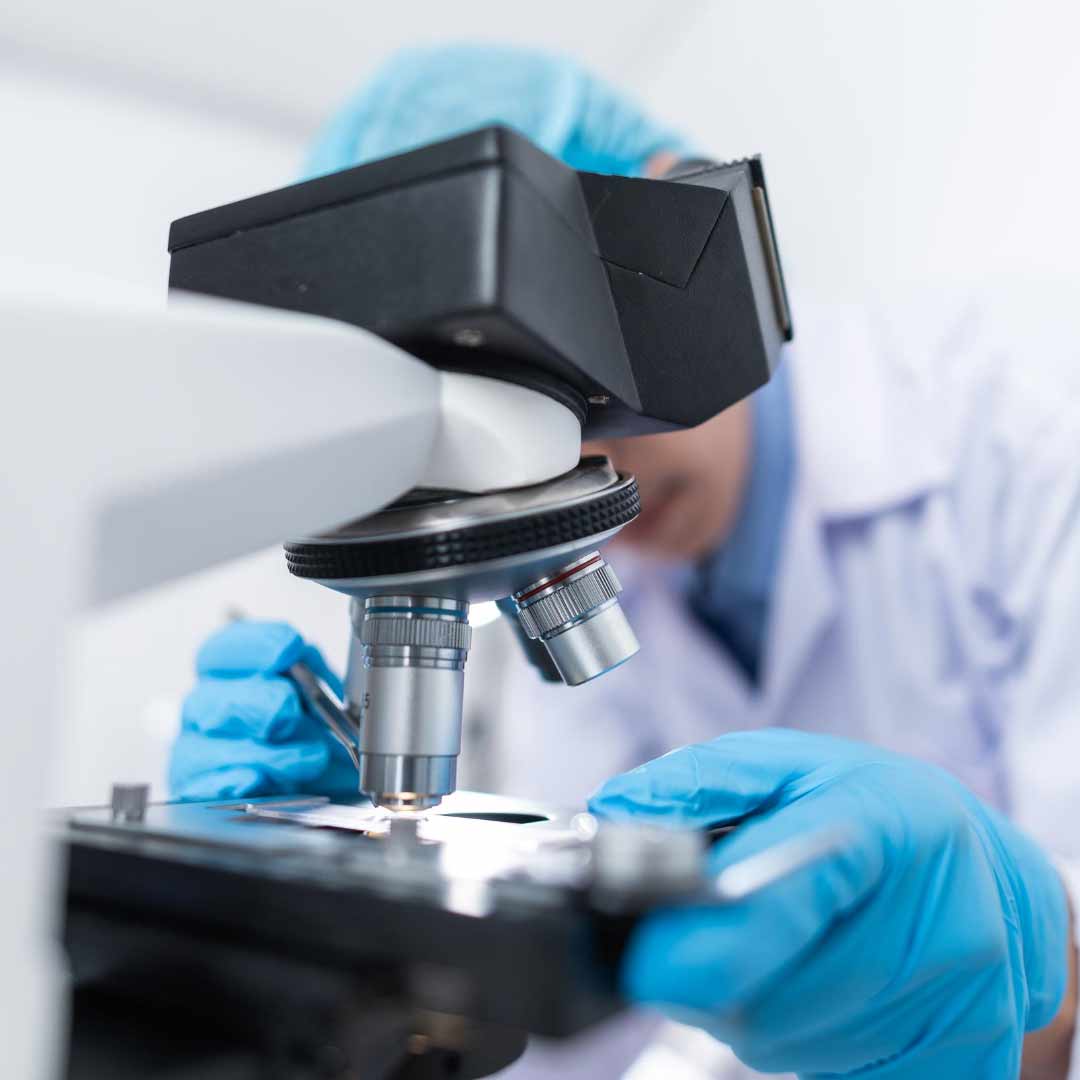
Cytology, the microscopic examination of tissue samples spread onto slides, is a powerful tool for the evaluation of skin lesions in small animal patients. In many cases, cytology can provide a definitive diagnosis for skin masses.
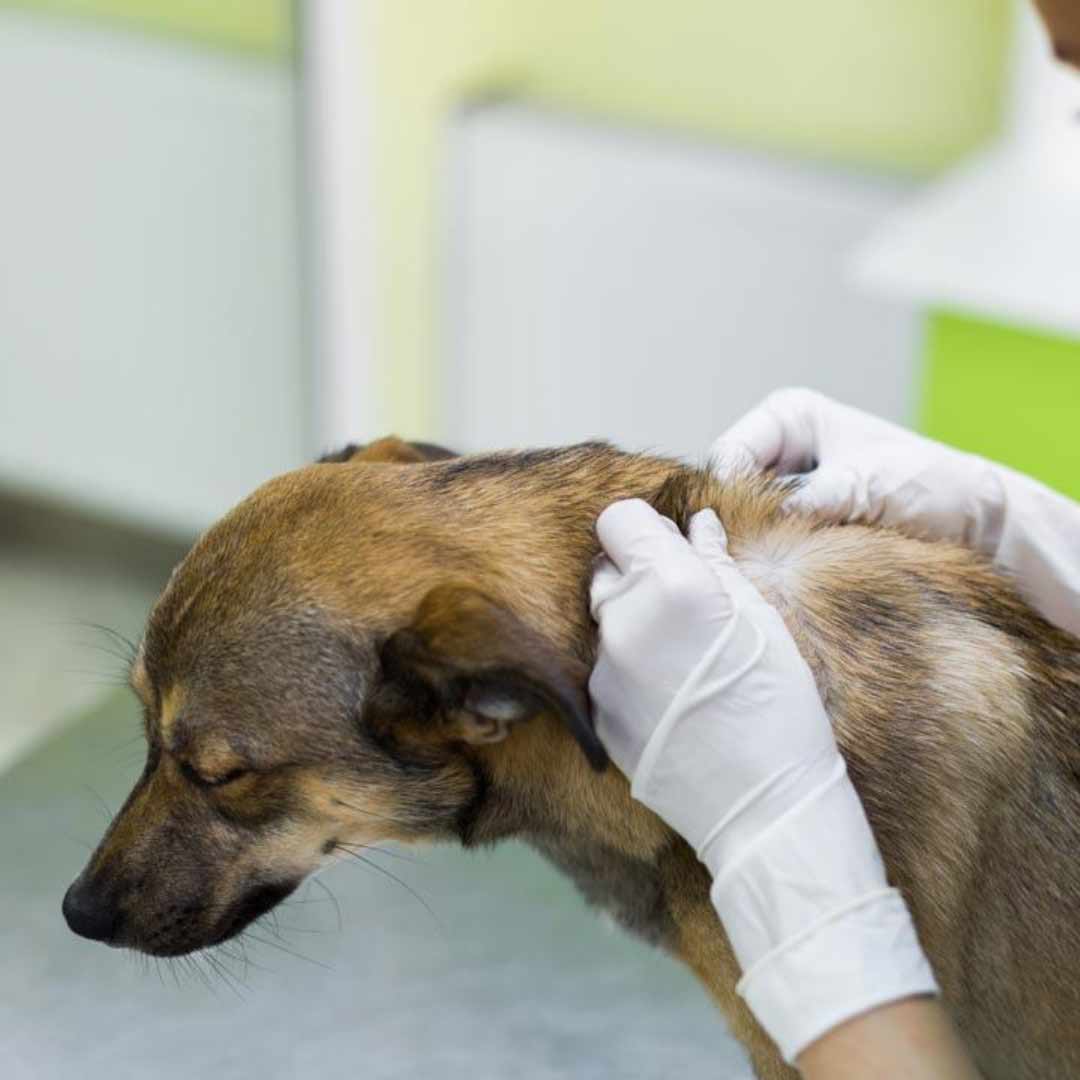
A skin scraping is performed by collecting a sample of skin cells with the use of a scalpel blade. The blade is used to gently scrape layers of the skin, usually until a small amount of blood is seen, so that our veterinarians can gather cells deep in the skin.
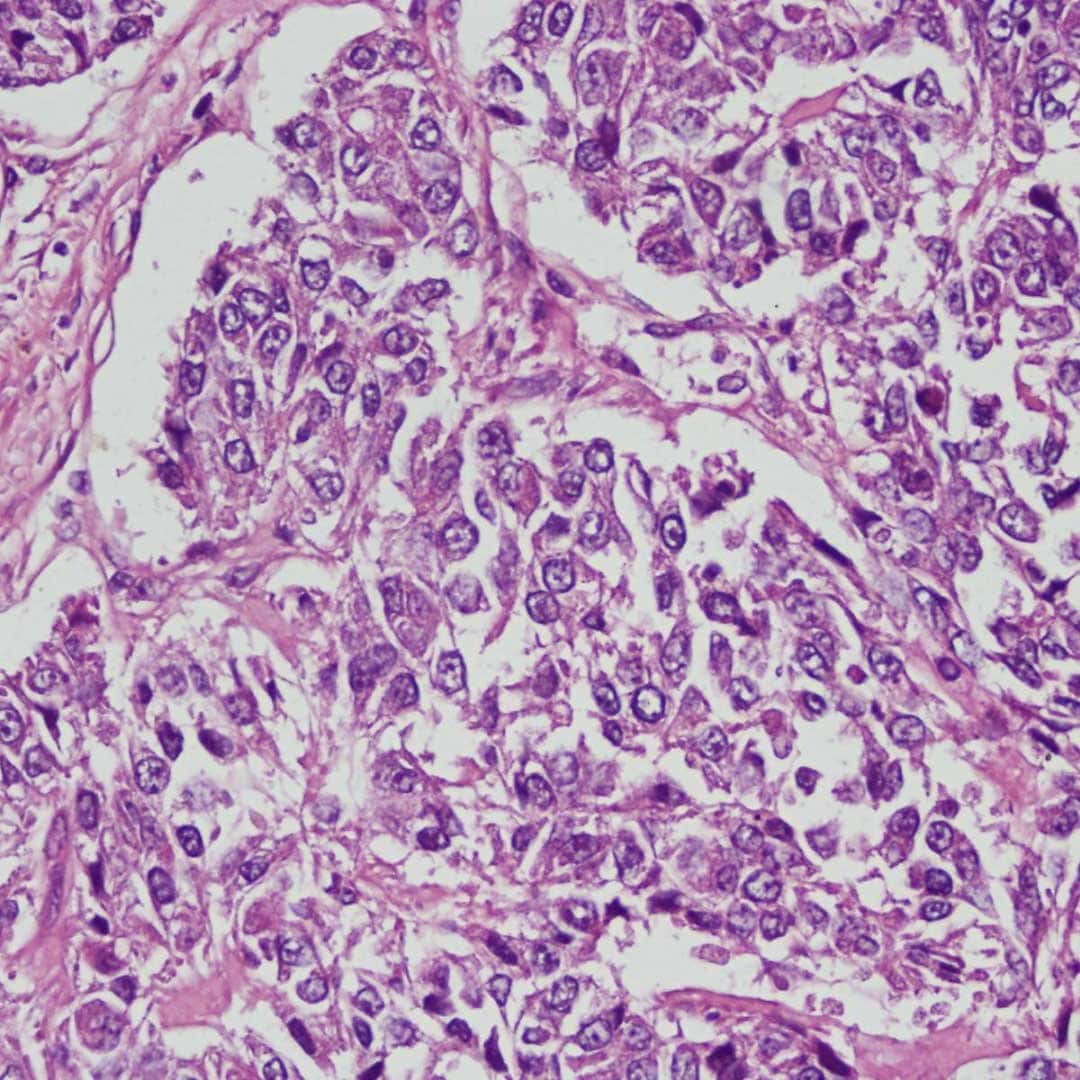
Histopathology is the examination of samples of whole tissues and is performed on a solid piece of tissue that has been collected surgically. With this type of laboratory examination, the accuracy of a diagnosis is usually high.
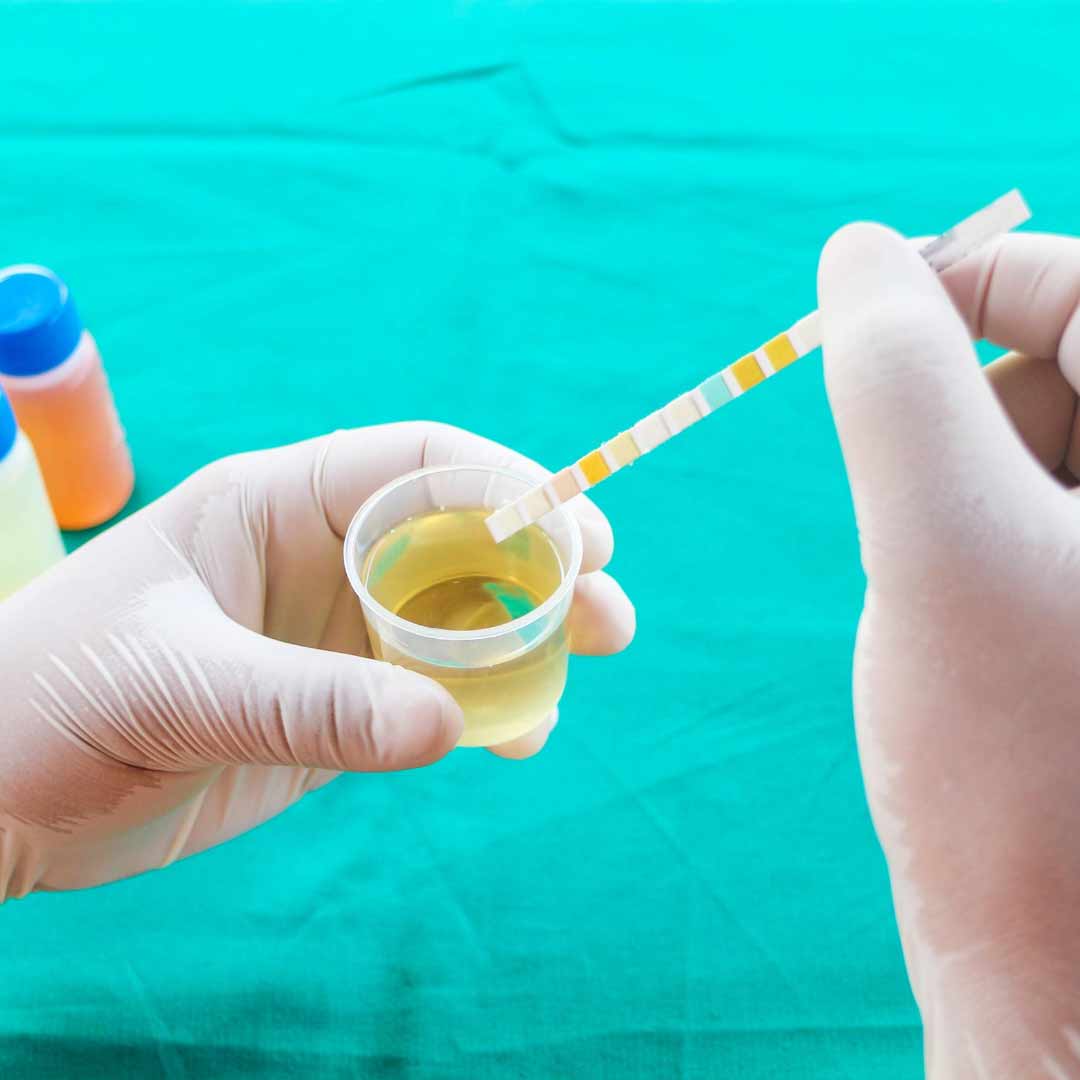
Urine is one of the ways your pet’s body eliminates wastes and toxins. Urinalysis is a routine test that reports the physical and chemical properties of urine. It is used mainly to assess the health of the kidneys and urinary system, but it can also reveal problems in other organ systems, and is important for diagnosing metabolic disease such as diabetes mellitus.
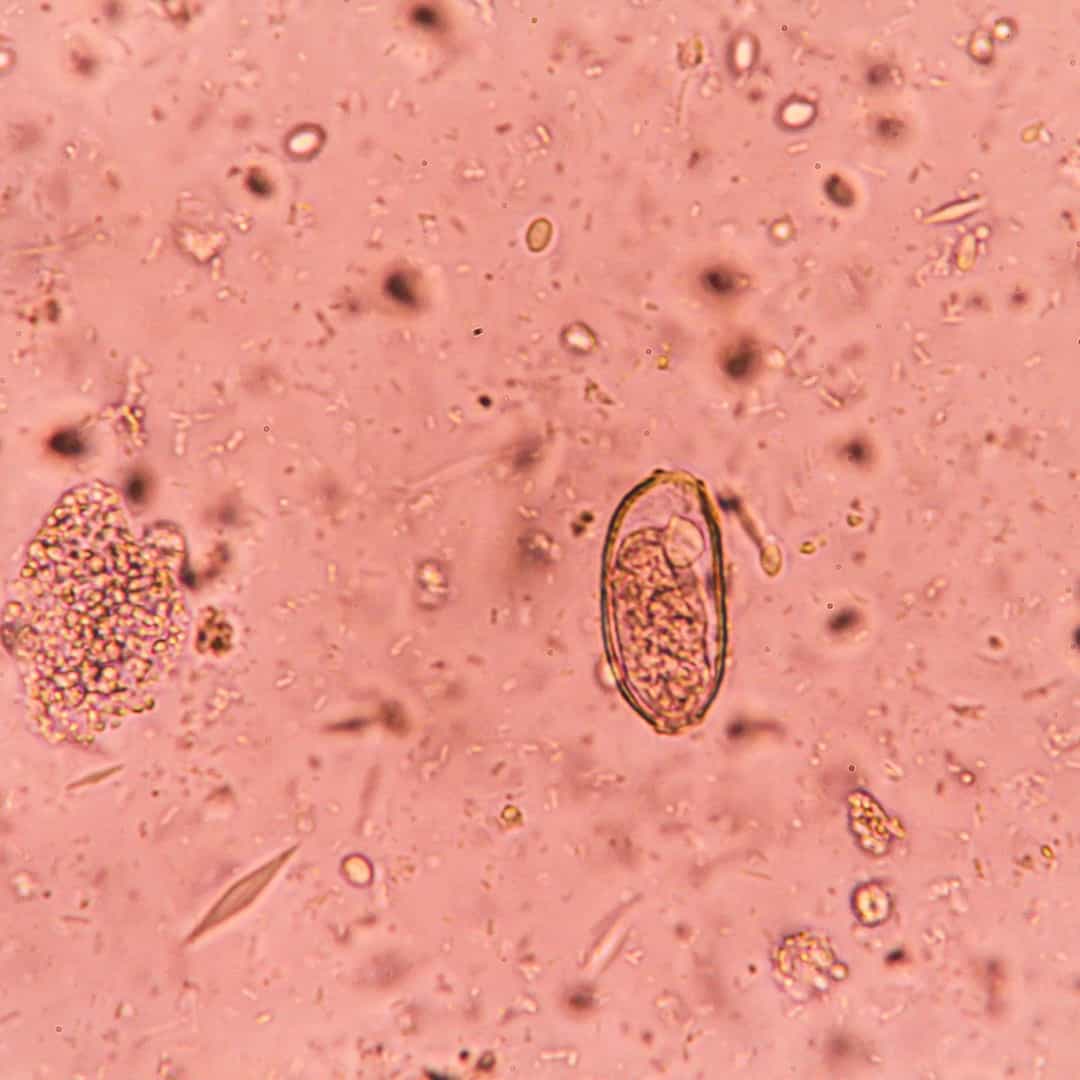
Fecal flotation is a routine test used in veterinary clinics to diagnose internal parasites or “worms”. The test detects the eggs of mature parasites that live inside the body and pass their eggs to the outside by shedding them into the host’s feces.
WE HAVE AN APP!
For all the Paws International Clinic’s existing clients, there is the Digitail app! Digitail keeps all your pet’s data is in one place. Access it anytime, anywhere – it’s easy and free!
